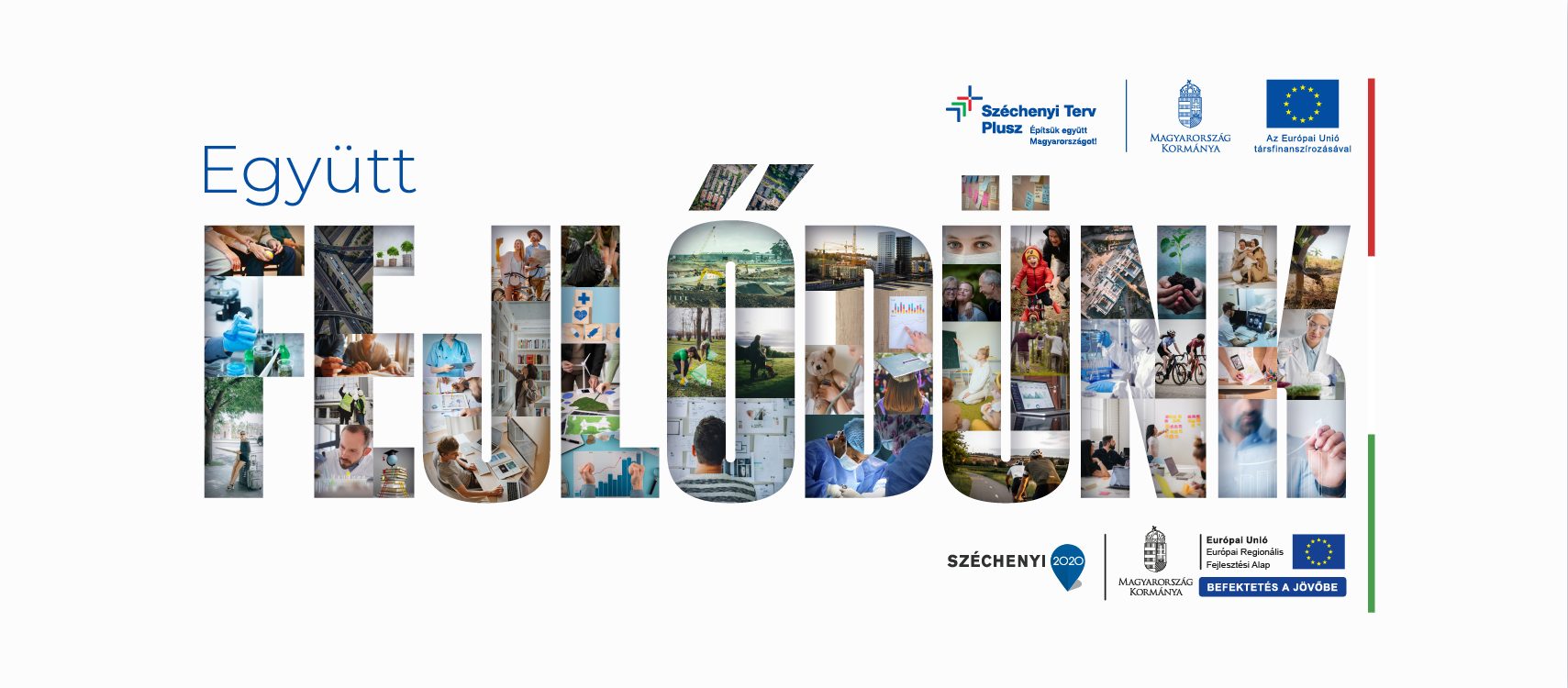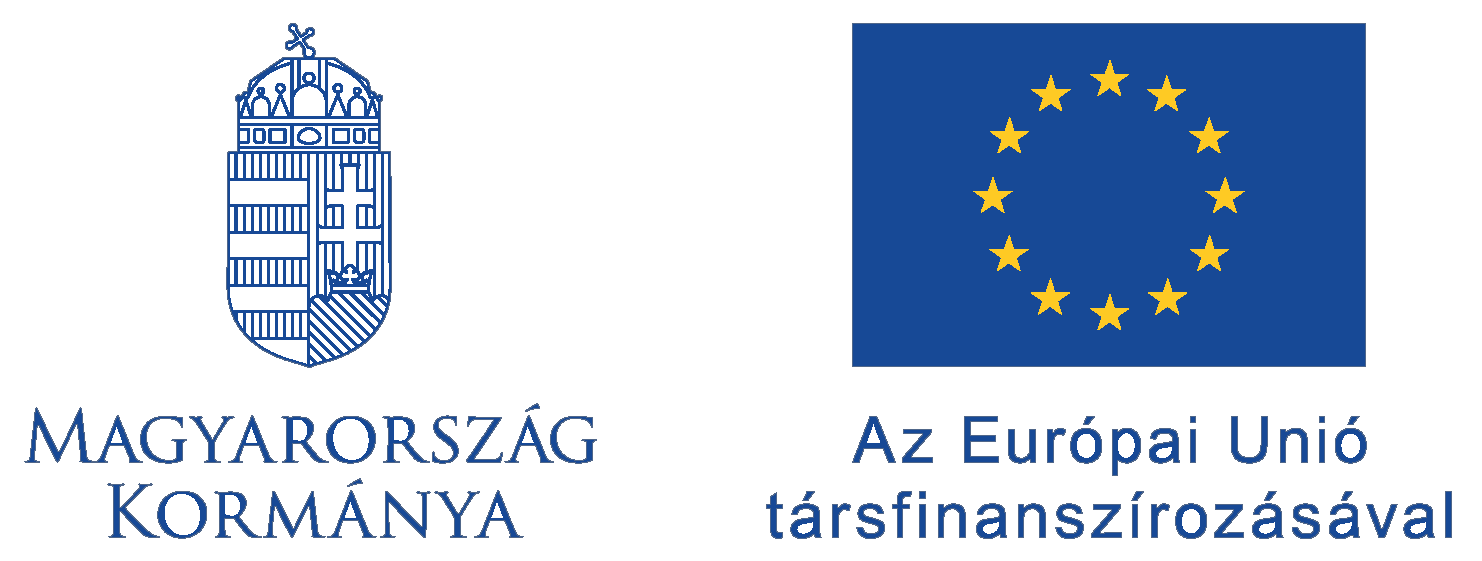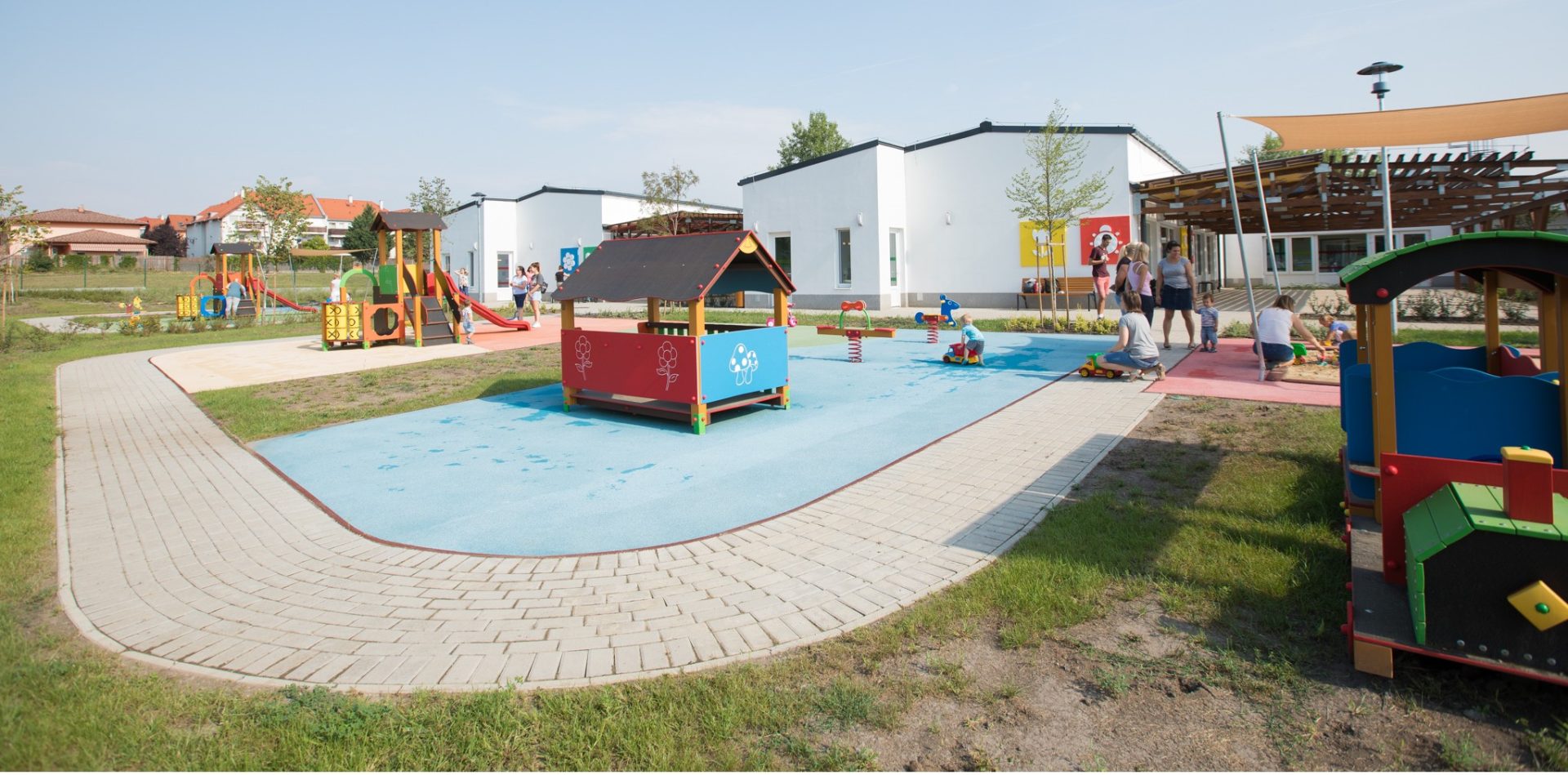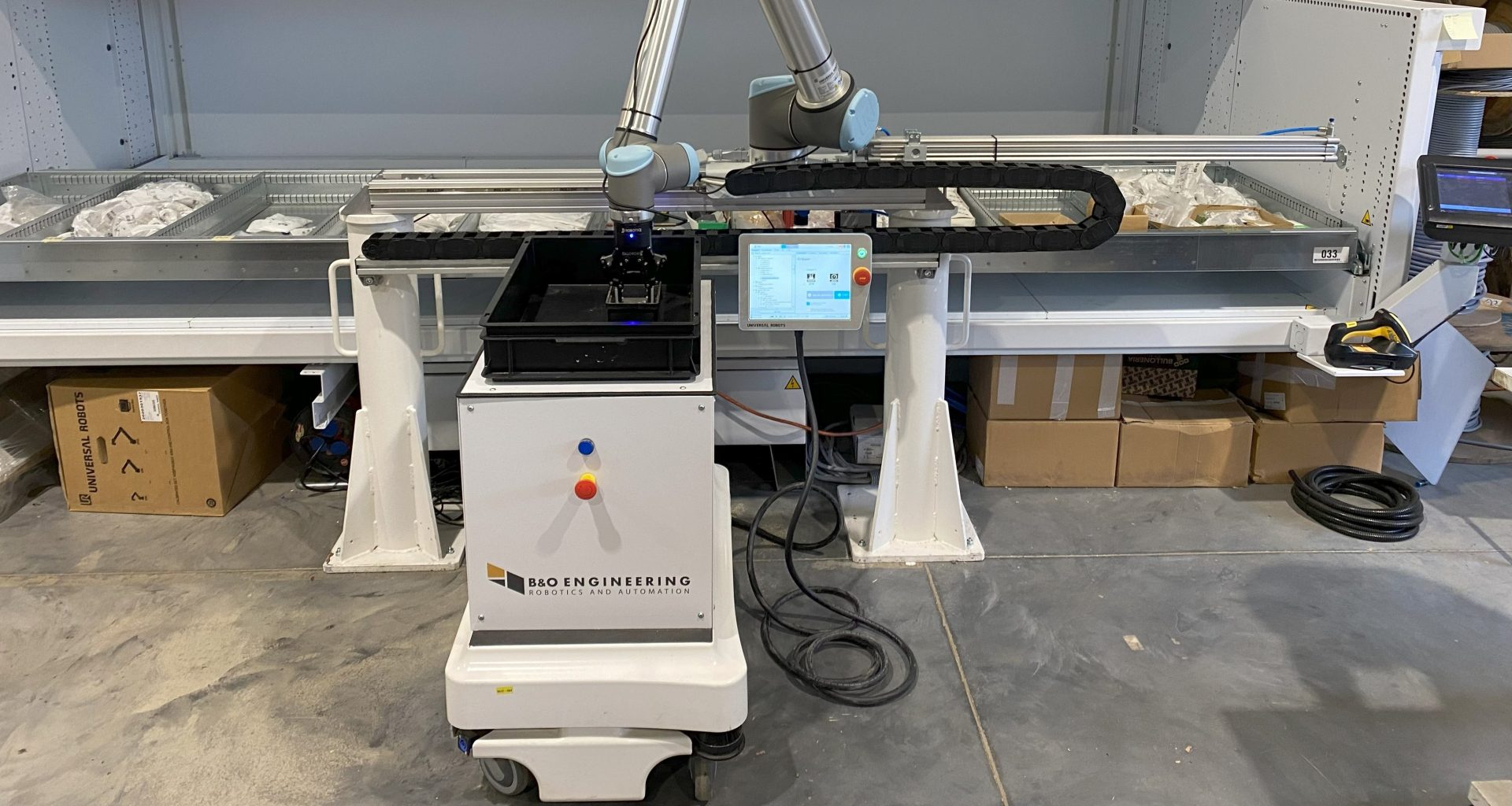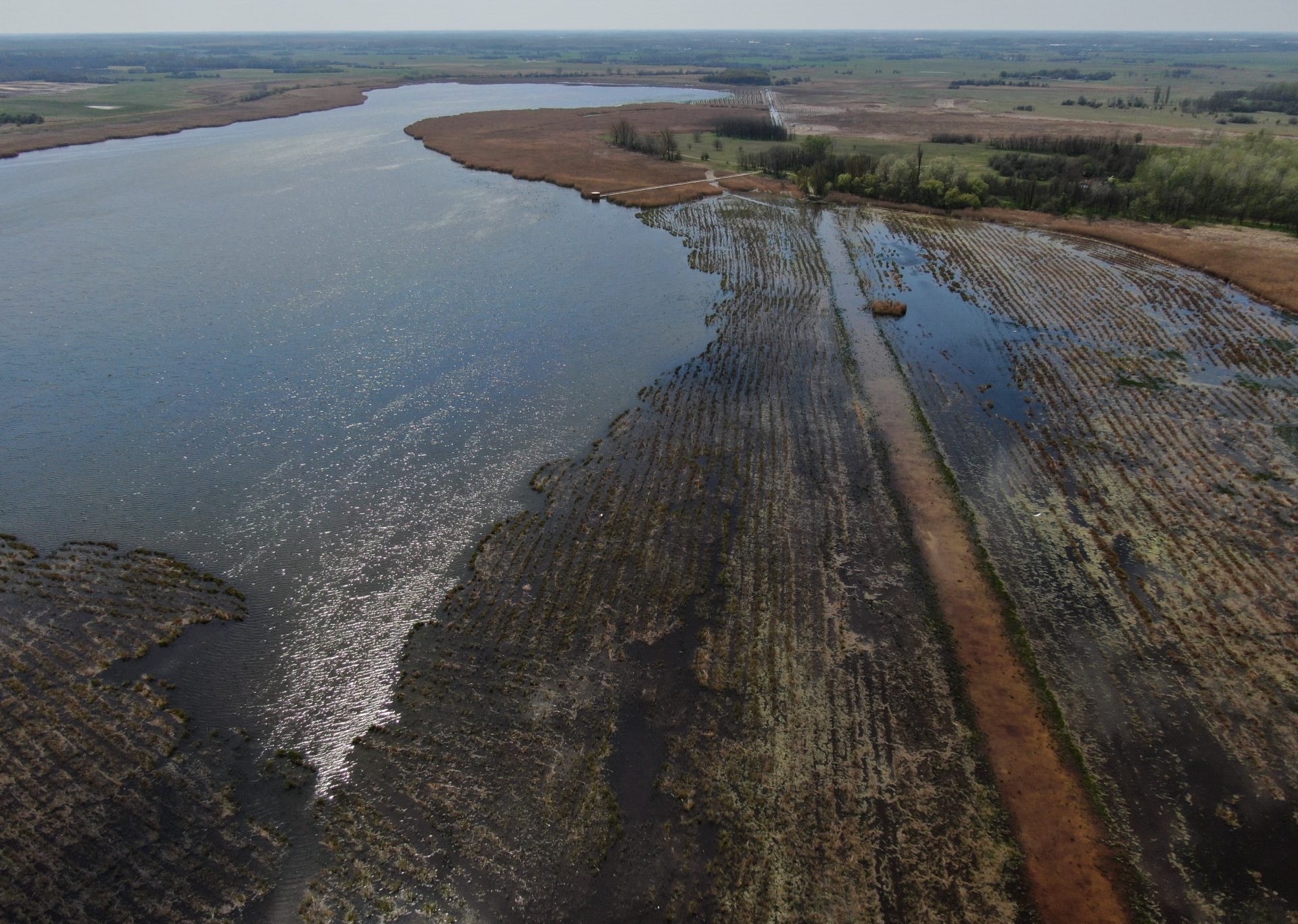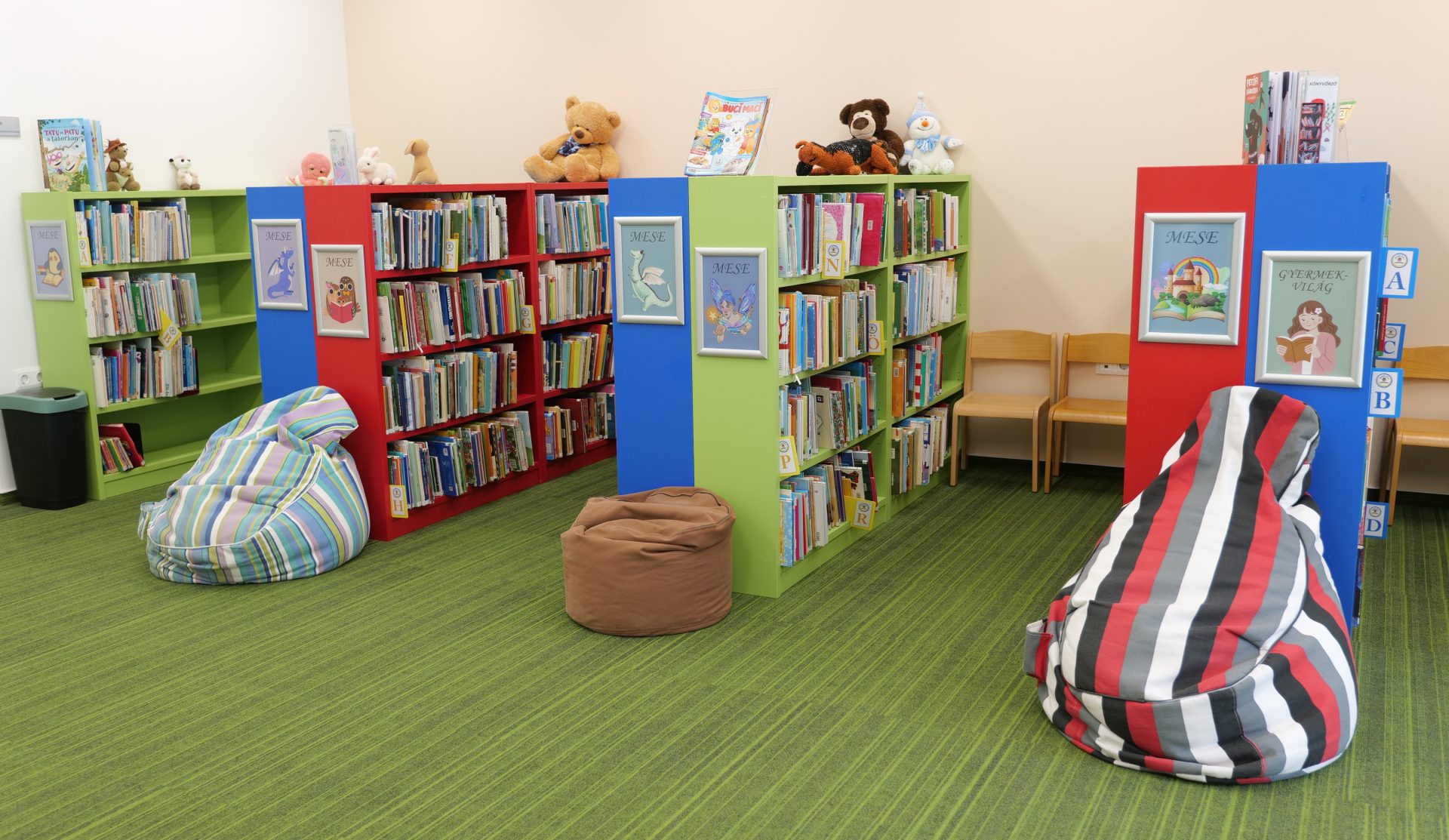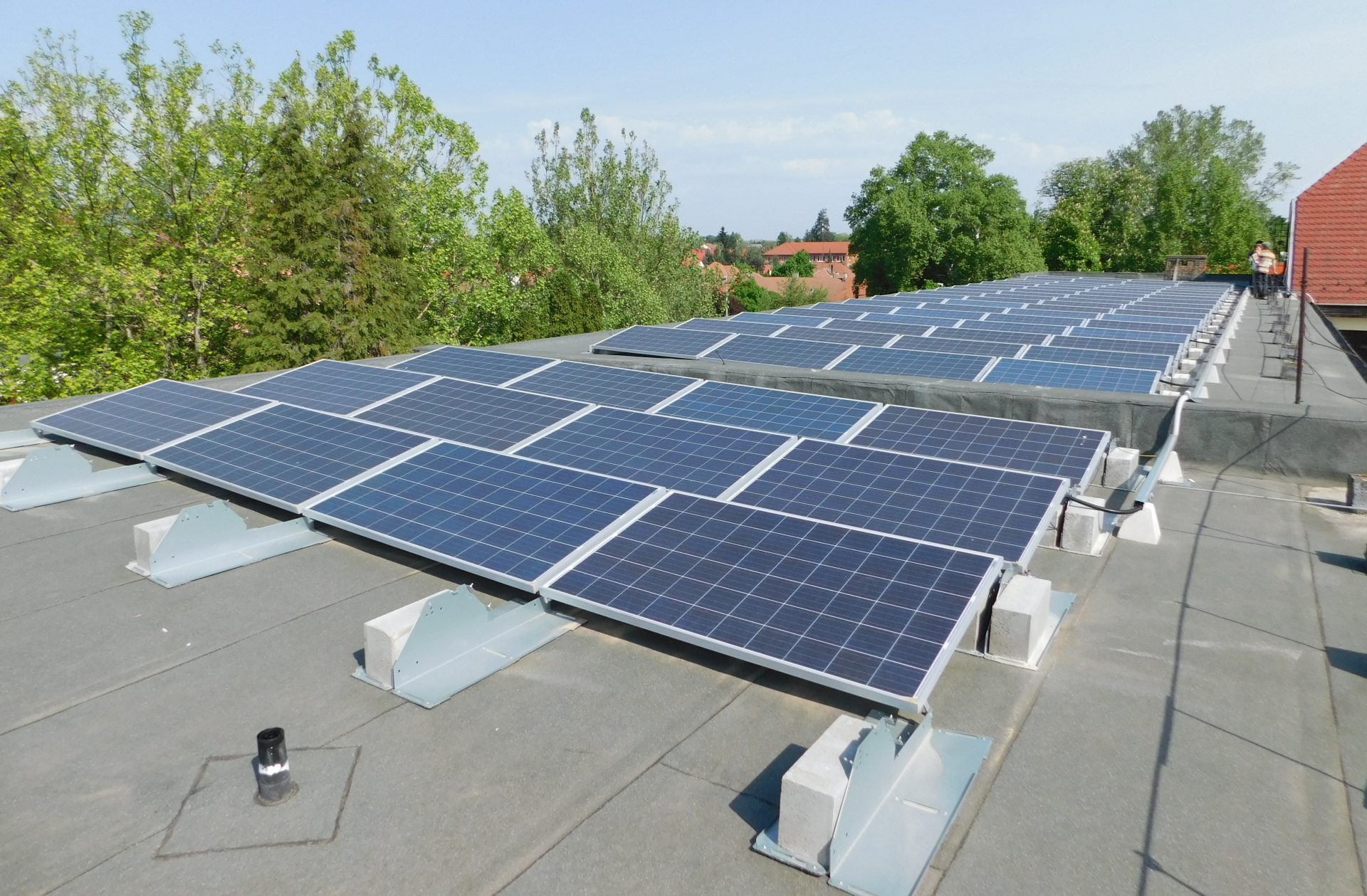As casual, perhaps slightly romantic observers, we often picture fish farming as a nature-based activity: quiet ponds, calm water, and fish swimming peacefully below the surface. In reality, modern aquaculture is far more complex. It is a high-level production industry governed by strict food-safety, technological, and business standards.
Aranyponty Zrt. (in English: Golden Carp Ltd.) completed an EU-funded HFOP project at its Rétimajor site. The company had long been operating both extensive and intensive fish-farming systems, but this project focused specifically on strengthening its intensive aquaculture. Although this method is the least “natural,” it is the most productive. Extensive ponds rely mainly on natural ecological processes, semi-intensive farms use additional feeding, while intensive systems operate in closed, controlled environments with high stocking densities and precise water-quality management. With today’s growing consumer demand, such systems provide the production stability essential for the sector’s long-term viability.
The funding program aimed to increase yields, improve efficiency, reduce production costs, and support the modern, environmentally conscious development of Hungarian aquaculture — ideally through the introduction of new species and the sustainable improvement of production environments.
The core of Aranyponty’s development was the rearing of juvenile predatory fish — pike and European catfish — but the company also sought to introduce new, marketable species. One of these was the triploid grass carp, a species that has gained increasing attention across Europe in recent years. With its rapid growth, excellent feed-conversion efficiency, and high digestibility, it is becoming an important species in modern, health-oriented fish production and consumption. Its high protein content, low fat content, and clean, firm flesh have even made it appealing to restaurants that previously did not consider freshwater fish. Due to its specific biological traits, it can also be used effectively for water-quality management, as it consumes large amounts of aquatic plants and algae without posing ecological risks.
The investment included the construction of new predatory fish rearing tank lines equipped with transparent circular tanks, improvements to specialized raceways, and the installation of a modern water-quality monitoring system with continuous data collection. The hatchery was expanded, a new line of outdoor rearing ponds was built, and site security was upgraded with an optical network, camera system, and new control room. Improving employee working conditions was also a key element, with expanded office spaces, modern doors and windows, and energy-efficient insulation.
Overall, the development increased production efficiency, strengthened biodiversity, and broadened the company’s market presence. With this modern, intensive system, Aranyponty can now operate more reliably and predictably, while new fish products help reach additional consumer groups. This project demonstrates how traditional pond-farming expertise can be successfully combined with the most advanced aquaculture technologies.
The development was implemented from EU funding in the project MAHOP-2.2.1-2016-2017-00044 under the Hungarian Fisheries Operational Programme.
Find out more about the project in the Project Finder: Details
